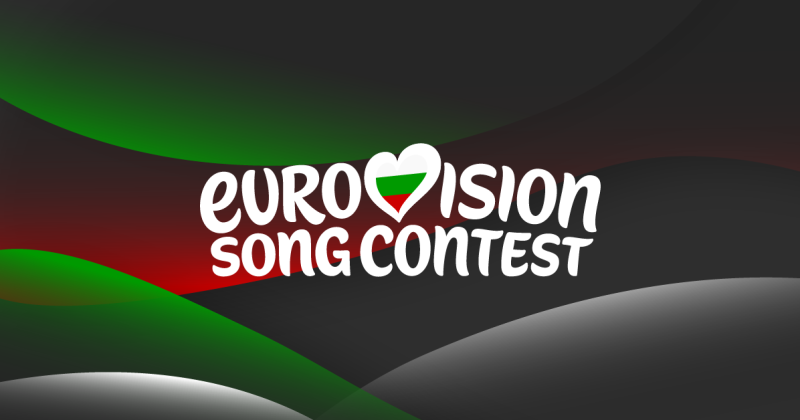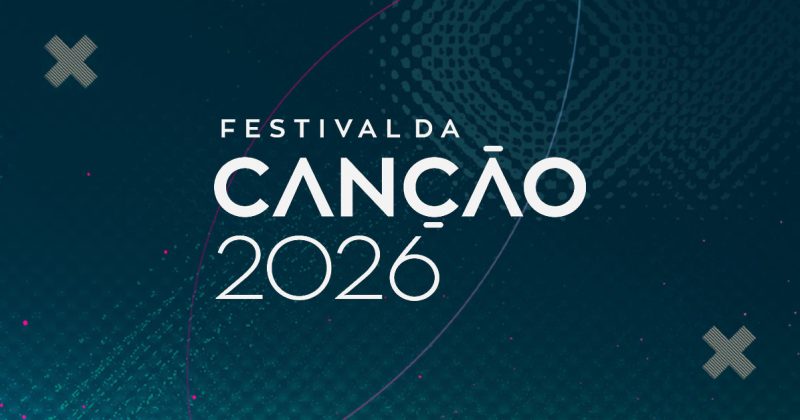
Eurovision 2026: Emmelie De Forest and Jørgen Olsen from Denmark demand Israel’s removal, calling its participation “the destruction of Eurovision”. But is Israel the real issue – or is politicization itself endangering the contest’s future?
In recent days, two Danish Eurovision winners have issued dramatic statements: they argue that Israel should not be allowed to participate, even describing its involvement as “the destruction of the contest”. Is Israel’s participation truly undermining Eurovision – or is the broader trend of turning the musical stage into a political battleground the real threat to the competition’s foundations? These questions are sparking debate not only among Eurovision fans but also within Israel, where many feel once again compelled to defend their place in the international cultural arena.
Danish Singers vs. Israel

Emmelie de Forest, the Eurovision 2013 winner with her chart-topping hit “Only Teardrops”, and Jørgen Olsen, half of the Olsen Brothers who triumphed in 2000 in Stockholm with “Fly on the Wings of Love”, both launched direct attacks on Israel this week. According to them, “Eurovision cannot be an apolitical event”.
De Forest stated:
“I really hope DR will show backbone like the five other countries (Slovenia, Ireland, the Netherlands, Iceland, and Spain) that have already signaled they will not participate if Israel competes in Eurovision 2026. I hope Denmark will do the same and stand on the right side of history.”
Olsen expressed himself even more bluntly, saying that “Israel should be thrown out”. Both artists base their stance on allegations of genocide in Gaza – claims currently under review by the International Court of Justice (ICJ) in The Hague and not yet legally determined.
The Position of DR
Contrary to the singers’ calls, Denmark’s national broadcaster DR has stated it will not withdraw from Eurovision but will participate under three conditions:
-
Maintaining the contest as a non-political event.
-
Broad support from European countries.
-
Adequate security for participants and audiences.
The broadcaster also stressed:
“This year, more than ever, Eurovision is needed to unite cultures through music”.
Denmark’s national selection, “Dansk Melodi Grand Prix”, is scheduled for February 14th, 2026.
Eurovision: A Stage for Music, Not Politics
Despite repeated attacks, it is worth recalling that Eurovision was founded precisely to bridge nations and cultures and to prevent politics from dominating the stage. The EBU expelled Russia in 2022 following its invasion of Ukraine – a fundamentally different case in which a country directly attacked another and its public broadcaster became a propaganda tool for the government. Israel, by contrast, continues to follow the contest’s rules, sending artists and songs that speak the universal language of music.
Calls to boycott Israel come from a small group of artists and politicians. However, the Eurovision system as a whole is built on inclusion, diversity, and cultural coexistence. Turning the stage into a political tool risks dismantling the contest from within.
Denmark at Eurovision 2025
“Hallucination” is the song performed by singer Sissal, who represented Denmark in the grand final of Eurovision 2025. Denmark qualified for the grand final after placing eighth in the second semi-final with 61 points, marking the country’s first qualification for the final after four consecutive years of remaining in the semi-finals. In the grand final, Denmark received 45 points from the jury and just 2 points from the public, finishing in 23rd place overall.
Eurovision 2026: This will be Denmark’s 54th participation in Eurovision. Denmark joined the competition in 1957 and has won it three times over the years. Denmark’s last victory was in Eurovision 2013 with the song “Only Teardrops” performed by singer Emmelie de Forest.

Email: [email protected]
Phone: +972-50-9441919
Neta Geffen is a respected journalist at Euromix, Israel’s leading news site for Eurovision coverage. Since 2010, Neta has been closely following the Eurovision Song Contest, bringing with him extensive experience, profound knowledge, and a broad understanding of the history, politics, and cultural influences that shape the event every year.
Neta publishes articles, analyses, and up-to-date reviews on all Eurovision developments, including musical trends, format changes, political influences, and audience reactions across Europe and Israel. Thanks to a deep connection to the contest’s history, Neta provides readers with wide-ranging context—from the impact of political events on results, to in-depth analyses of songs and languages within the competition. Neta specializes particularly in the Eurovision rock genre, Balkan ballads, and native language entries, with a special focus on Italian and Greek songs.






